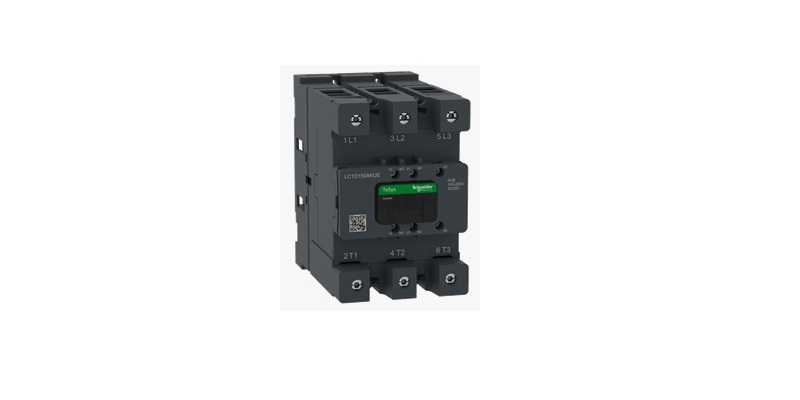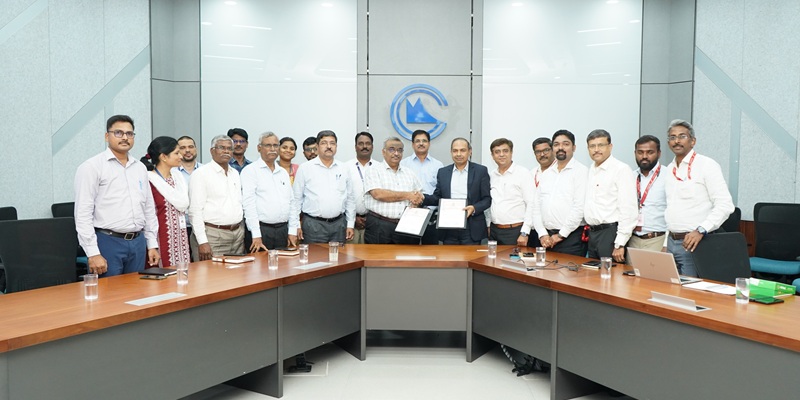Schedule a Call Back
Di-electric Flooring for Industrial Applications
 Technical Articles
Technical Articles- Apr 03,13
Morsel Epoxy Flooring Systems are designed to meet the demands of any industrial environment

Di-electric strength may be defined as the maximum voltage required causing a di-electric breakdown through the product. In other words, it is the measure of the insulating strength of a material. It is one of the most important factors in selecting an epoxy for various conformal coating, potting and encapsulation applications in the electrical and electronic industries, where excellent electrical insulation properties are a must.
It should be noted that the di-electric strength of an epoxy depends mainly on the thickness of the specimen and the test temperature. Some differences in di-electric strength can be noticed in filled systems when compared to unfilled systems. Also, di-electric strength varies depending on whether the product cures rigid or flexible.

Morsel? offers a wide range of Epoxy Flooring Systems, which are designed to meet the demands of any industrial environment. Morsel team of expert engineers will evaluate the existing substrate conditions, assess client's expectations and demands, and provide appropriate epoxy flooring system for the facility.
As the manufacturer of new technological advances in the field of di-electric flooring systems and overlays, the following information is presented to provide the elementary knowledge needed to understand, specify, and install the newly developed products.

From the wide range of products in its portfolio, the company offers optimum quality electrical maintenance-di-electric insulation safety flooring to its customers. Morsel offers a wide range of products that have superior electrical insulation properties with high di-electric strength. Typically, the di-electric strength of Morsel epoxies is about 28 kV rms for 1500 microns to 1800 microns up to 93 kV rms for 8 mm thickness.
It is designed with high precision in order to meet the set industrial quality standards under the supervision of skilled professionals. The offered range is designed using optimum grade raw materials and latest technology. All this, available at market leading prices. Products used for Anti-Static Flooring:
- Morsel Di-electric Floor Rebuilder, and
- Morsel Di-electric Floor Coating.
Morsel Di-electric Floor Builder 5016: This is a four pack, solvent free epoxy resin system. In hardened, condition Morsel Di-electric Floor Builder 5016 gives excellent hardness, abrasion resistance and di-electric properties. It can be laid on floor in 2 mm to 20 mm thick layer and has a very unique combination of base and selected hardener and filler, which together gives an excellent performance. It can also be used for repairing concrete/masonry structures.
Morsel Di-electric Floor Coating 5017: This is based on solvent epoxy resins specially formulated to provide adorable coating suitable for the environment having possibilities of high voltage shocks as it has excellent insulating properties. It cures to form a smooth film with good resistance to a wide range of mineral and organic acids, fats, alkalis, oils and chemicals.

Application Process of Di-electric Flooring
- Firstly, surface preparation shall be done by removing all dust particles and loose material from the previously laid floor with the help of chipping machine and wire brush
- The mixed Morsel 5016 should be applied to the already primed surface (primed by Morsel 5015) within 20 minutes. It should be applied when the primed surface is still "tacky", care should be taken to see that Morsel di-electric floor builder 5016 firmly pressed into cracks to ensure good adhesion. The material can be built up to a maximum thickness of 20 mm in case of vertical applications
- Then we will apply Morsel di-electric floor rebuilder The thickness will according to customers requirement
- The thickness will vary according to strength, and
- The di-electric coating is tested by ERDA, Vadodara - it gives 28.45 kV rms at thickness of 1500 microns to 1800 microns up to 93 kV rms at thickness of 8 mm.
Advantages of Di-electric Flooring
- Antislip
- Marking on top (always visible)
- Easier for rolling instruments
- Easier to clean than ribbed matting
- Moisture absorption
- Cost effective
- Seamless eliminates problems of joints
- Di-electric properties of build up floor do not deteriorate as per ageing factor thus had a incomparable edge over rubber mating used in various places as di-electric material
- Can be installed over wood, old VCT floors and concrete
- Low or zero VOC/benign emitters
- Lead-free
- Produced using eco-friendly manufacturing methods
- Created to generate minimum installation waste
- Designed for class zero ESD flooring applications
- Ideal electrical resistance. Resistance to ground is typically in the 100,000 - 1,000,000 ohm range
- Walking body voltage with heel straps is less than 10 V at extremely low relative humidity
- Walking body voltage with typical footwear is < 0.5 kV
- Reduces noise from rolling as well as foot traffic, and
- PVC free.
Applications are Many
- In front of switchboard rooms
- In front of machine control gear
- In AC plant rooms
- In electric sub stations
- In transformers rooms
- In front of electrical panels
- In X-ray plant rooms
- In generator rooms
- In LT/HT labs
- Around bus bars, etc.
Scope of Applications
- In environments where current
- sensitive operational equipment are used. Chemical industry, heavy industry, ramps, panel room where high wear/di-electric resistance is required
- Specially made for engineering plants, workshops, battery rooms and can also be used as a repair mortar
- It is difficult to achieve a true earth-free area, since there is a need to ensure that floors and walls will not conduct current, which can give rise to shock injury. To overcome this di-electric floor is boon for power industry to handle electric panels, etc., tension free
- Earlier when rubber mats were widely used, the very big disadvantage of the rubber mat is once it is scratched it cannot be repaired. The solution is to place a new one, which increases the maintenance cost. But di-electric floor is very simple to maintain, if it is scratched it is simple to repair that portion and would not increase the maintenance cost
- Available in various colours
- glossy finish with anti skid property
- Approved by ERDA - ERDA sample code - HIMP-998, Test Report No: HIMP/09/1233, and
- Excellent chemical resistant properties.
(Article courtesy: Morsel Enggtech Pvt Ltd, Kota, Rajasthan. Tel: 0744-2392492, 2391392, 2390292. Telefax: 91-744-2391392. Email: info@morselenggtech.com)
Related Products

Heat Exchanger Scale Removal Compound -hesr-300


Universal Tapping Machine -model Tr-10/15
Tapping
Machine Tools offers universal tapping machine -model TR-10/15.
Hi There!
Now get regular updates from IPF Magazine on WhatsApp!
Click on link below, message us with a simple hi, and SAVE our number
You will have subscribed to our Industrial News on Whatsapp! Enjoy














